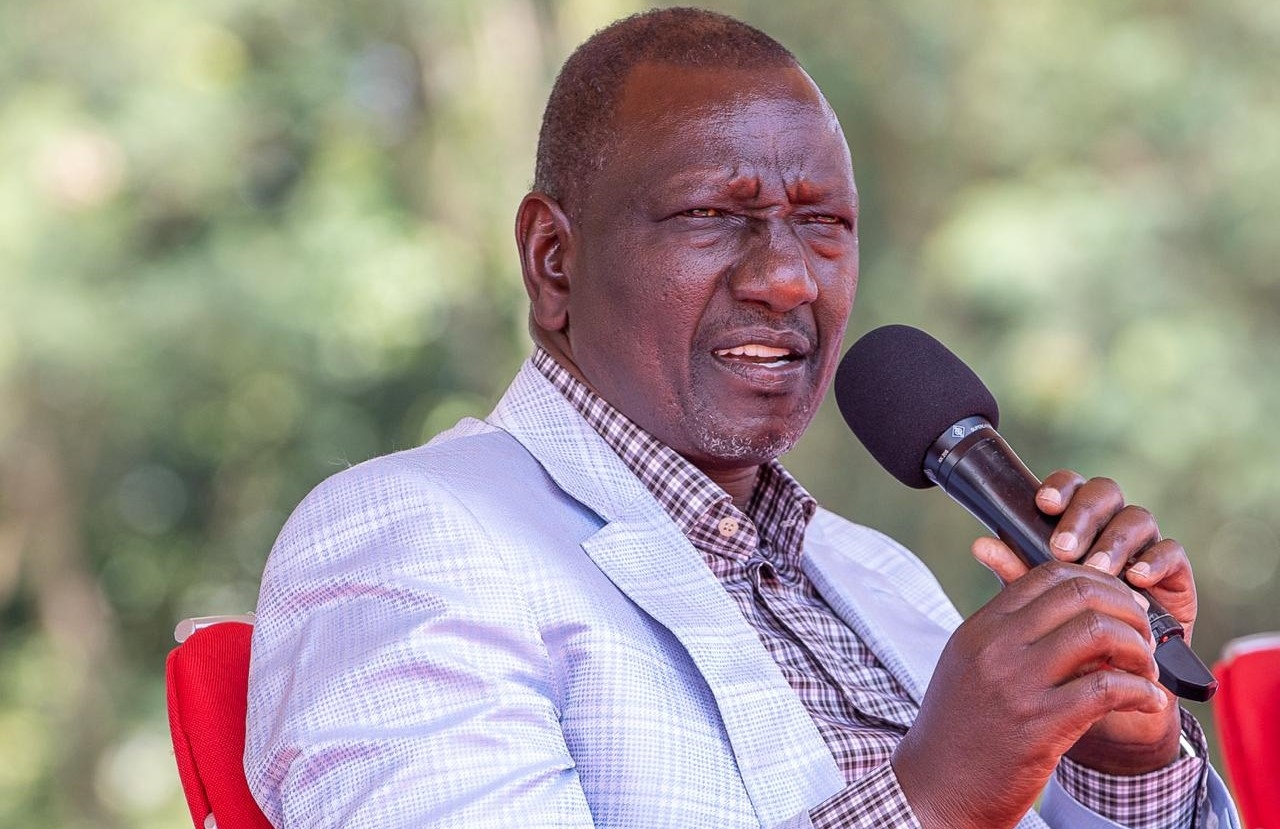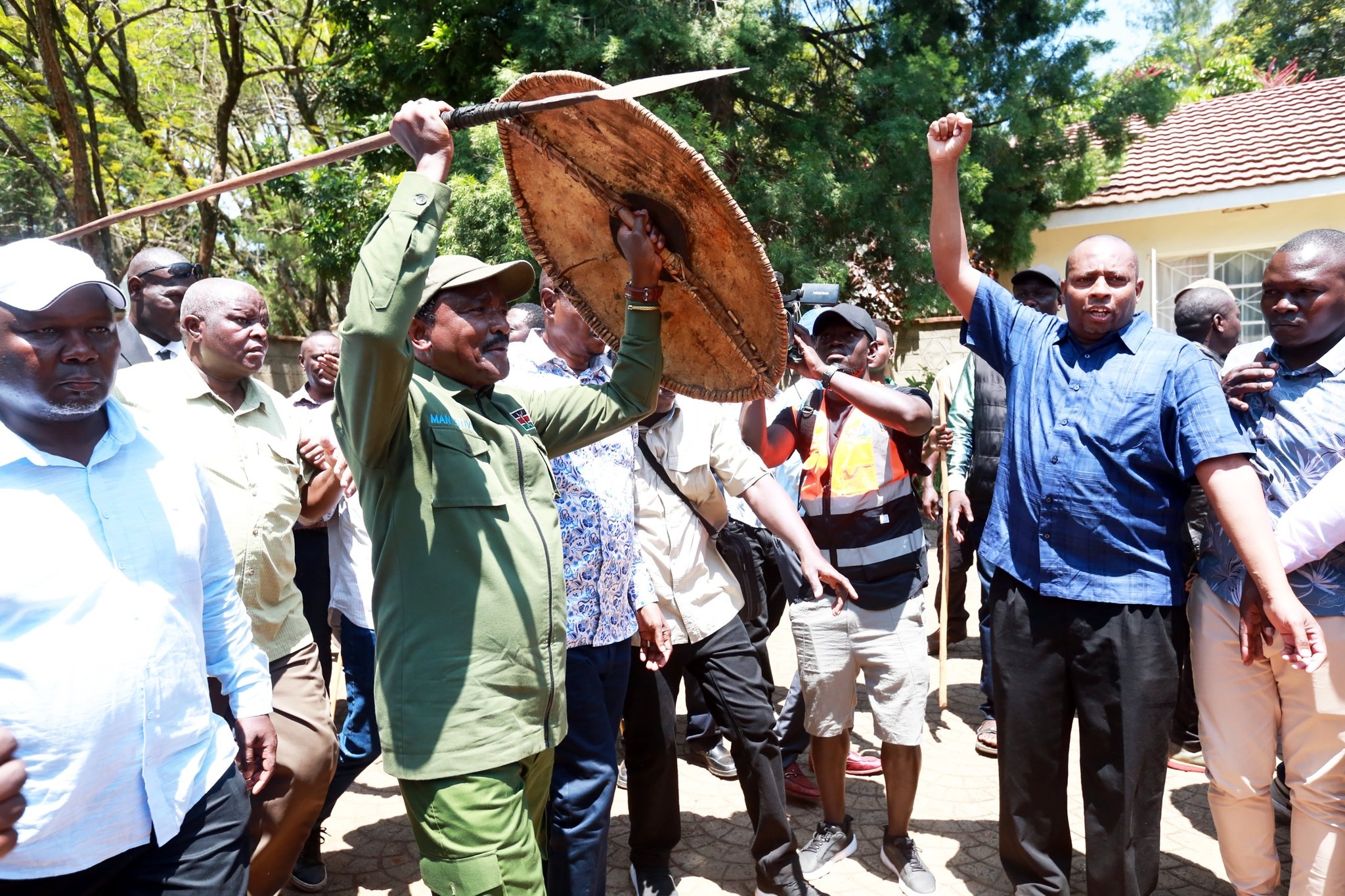Every General Election season, most Kenyans travel to their rural homes, where they are registered as voters, to do their civic duty.
Others however, flee the cities and urban centres to the villages where they feel safe. The tradition follows the 2007 election where Kenya experienced deadly post-election clashes.
Charity Mbiti, 25, is one such Kenyan. She recalls how the 2013 election tension pushed her to travel to the village for safety, but ended up being involved in an accident that changed her life completely and eventually turned her into an advocate for persons with disabilities.
"My family had decided to travel to the village in Kitui this time not to vote, but to avoid being caught up in the post-election violence, in the run-up to the 2013 presidential elections," she said.
"When we began our journey just before the general election, nobody thought anything bad would happen on the way. We were going away for our safety because of what we had experienced in 2007 in our area, Mikindani, where there was violence,” she said.
She was a Form 2 student then at St Theresa’s Girls Secondary School in Changamwe, Mombasa.
She said her father wanted her and the sister to travel out of the city until the elections were done.
On their way, just past Taru market, she recalled how the vehicle they were travelling in was involved in a crash and rolled several times.
What was meant to be their safe place during the election became the beginning of a long journey for her and the loss of her sister who died in the accident.
“It was not a head on collision, it was fatal accident because I lost my sister on the spot. I suffered injuries and part of my hand was amputated. Although I thank God for surviving, my life was turned upside down because even my performance in school went down because I could not use my right hand,” she said.
After amputation, she struggled to accept her situation because of the stigma perpetrated by fellow students in school.
However, this did not discourage her to push on to become a youth advocate on matters affecting them and access to reproductive health services for persons with disabilities.
Finding her life partner has not only been a challenge due to her situation but also accessing reproductive health services like seeking contraceptives has been a nightmare, she says.
It is because of this experience that pushed her to become a youth advocate on matters of disability and access to reproductive health services for persons with disability.
Currently, she is the secretary of the Jomvu subcounty network where they have partnered with others to do mapping and also carry out sensitisation.
“I am a youth advocate on matters of disability, I champion for the rights of youth with disability so that they can get to know their rights to reproductive health services in public hospitals,” she said.
She said her passion is to create awareness to the public and do activities targeting to enlighten the society about the rights of PWDs to accessing sexual reproductive health.
Despite parents still living in denial and hiding their children with disability, she said it is through her work that many children are now able to access reproductive health services in hospitals without stigma.
What motivated her most is the training she received from Dream Achievers Youth organisation in their recent projects they are undertaking in the coastal region.
“After knowing the environment I was in, I decided to take a path that would make a change in society. At first I wanted to study business management up to university, but lack of fees landed me in community service and social work,” she said.
Her passion was motivated by the mid-2020 statistics where 4,000 teenage girls were pregnant as a direct effect of the coronavirus pandemic.
Teenage pregnancy was already an issue that development partners in collaboration with the Kenyan government were struggling to address at the time.
The problem has continued to haunt parts of the coastal region, something which has been attributed to a number of factors among them poverty, cultural taboos as well as lack of sexual reproductive health information.
Mbiti said a lot of factors led to her community work and that she has given her energy to advocacy work despite her physical status which she said cannot stop her from achieving her ambition.
She said there is a need for key policies to agitate for the rights of disabled girls within reproductive age.
She said the majority of girls with disabilities who have tried to access reproductive health services have continued to suffer in silence due to stigma and discrimination while accessing healthcare services.
“In Mombasa, we do not have a disability policy, the one which we have is not aligned to the current dynamics. But as for now, there is progress because Dream Achievers in collaboration with Mombasa county are developing a disability policy, this will help us a lot,” she said.




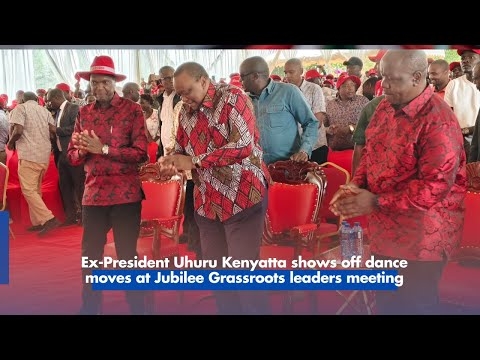

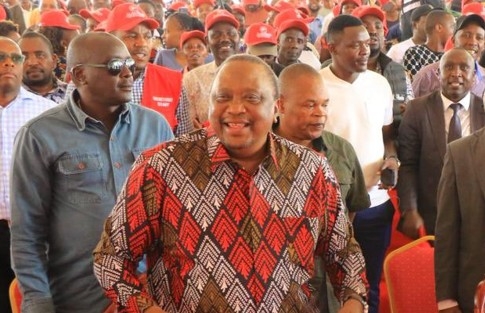
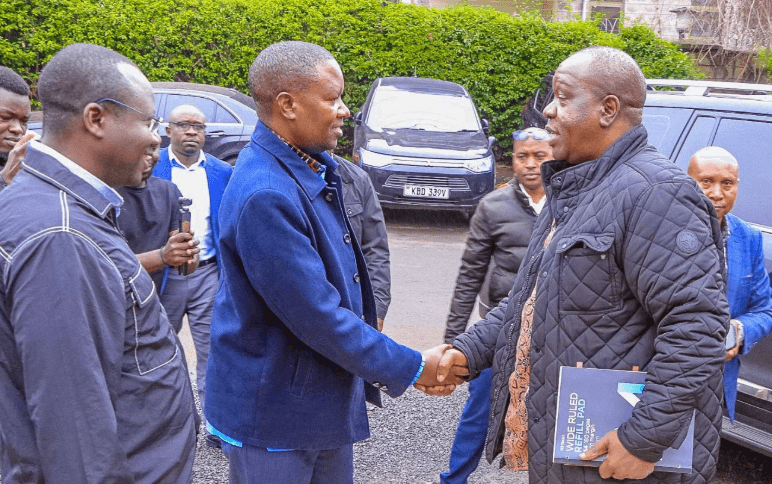
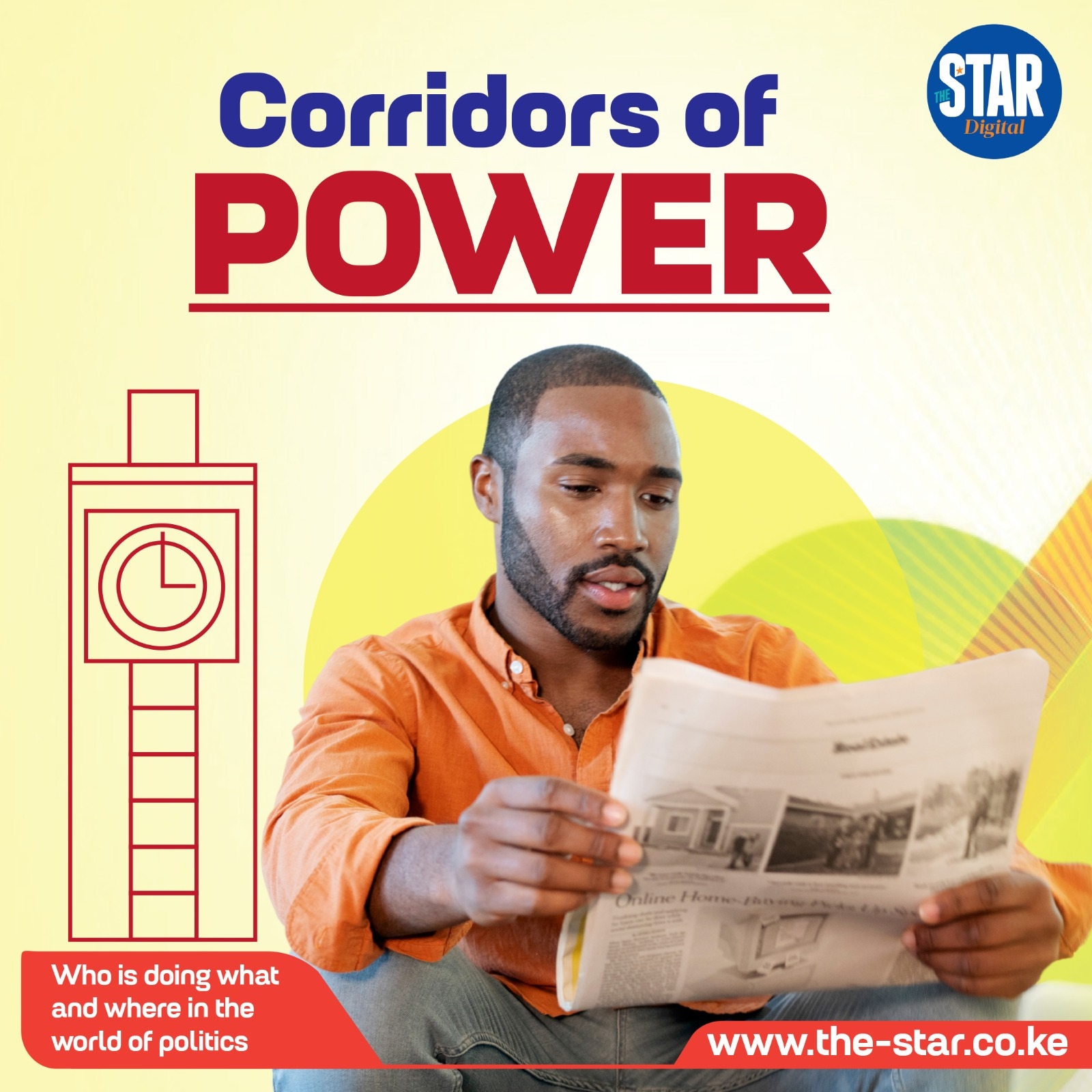
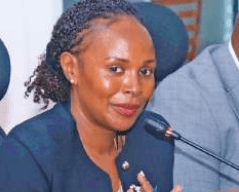


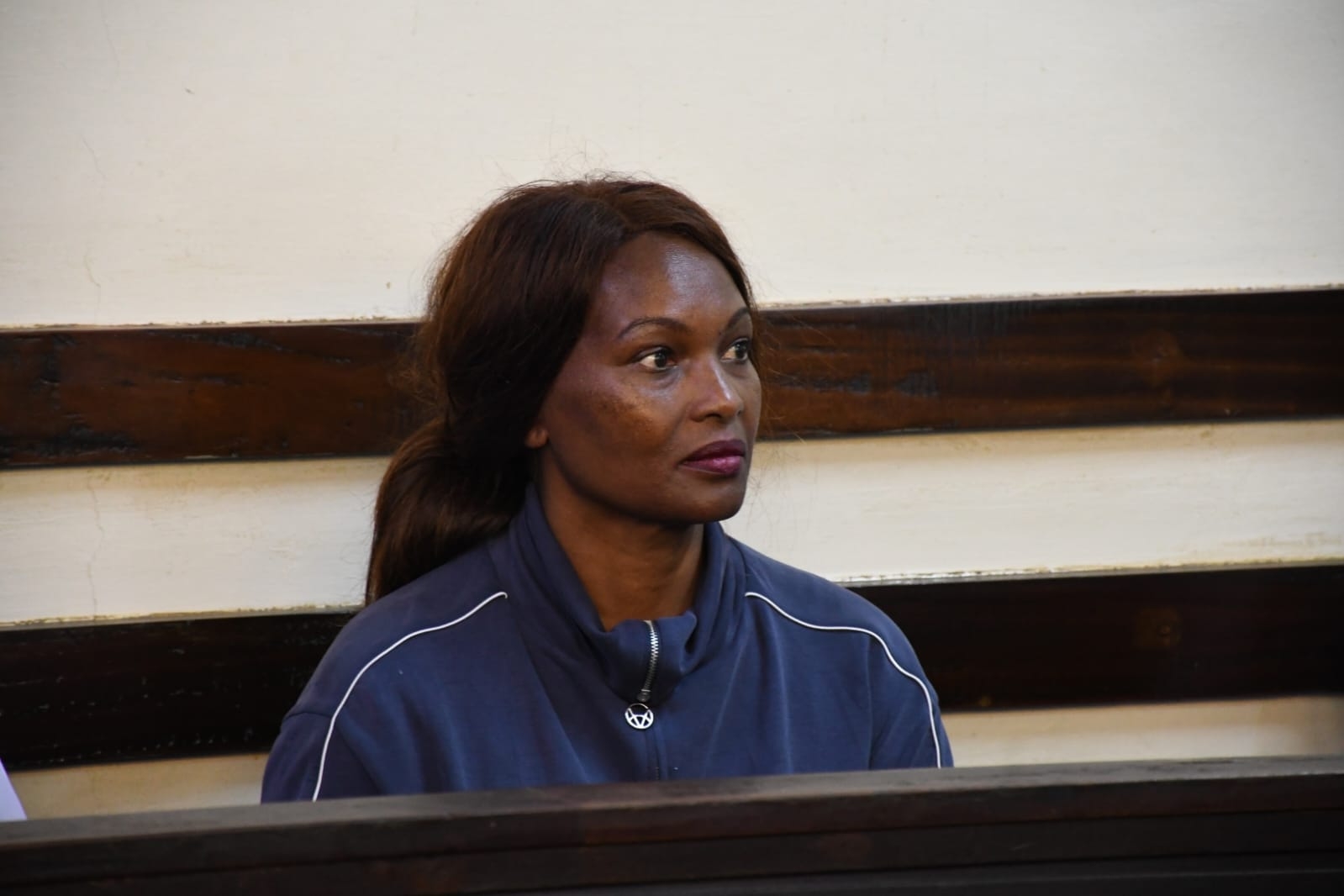
![[PHOTOS] Uhuru leads Jubilee grassroots meeting in Murang’a](/_next/image?url=https%3A%2F%2Fcdn.radioafrica.digital%2Fimage%2F2025%2F11%2F0b2a49cd-52fb-4a92-b9dc-26e253825a4a.jpeg&w=3840&q=100)
